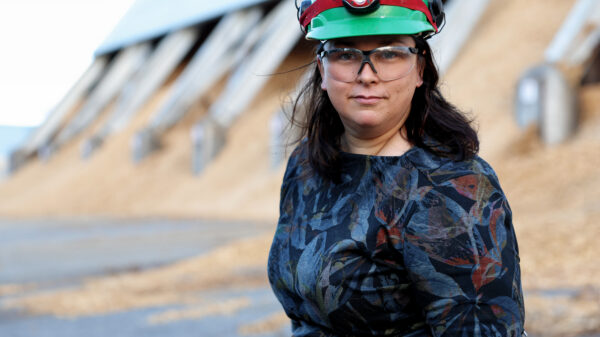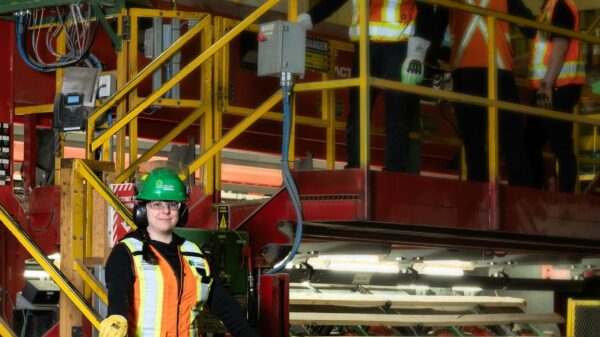Continued use of paper and wood products keeps forests from being permanently lost to other uses, new report finds.
Use it or lose it. That’s essentially the finding of a new study commissioned by Two Sides that examines the impact of the decline in paper consumption on the forests of the Southern U.S.
The white paper, released February 8th 2016, points to mounting evidence that the loss of a market for paper and other wood products doesn’t make for more trees, but actually increases the risk of forest loss.
That’s because much of the forest being harvested is privately owned, and if there’s no market for their trees, many owners indicated they would consider converting the land to agriculture and urban development.
IT’S OK TO PRINT THAT EMAIL. The idea that not printing that email will save trees is deeply flawed, explains Dr. Jim Boyer the study’s lead author. “Just as eating fewer apples will result in fewer rather than more apple trees, decreased consumption of wood products will not yield more trees and forests,” he says.
Claims that using tree-free paper made from other sources such as recycled fiber, wheat or sugarcane will save trees’ are equally misleading. The development of markets for wood is essential to maintain forest lands as forest for the long term.
And the sustainable management of forests as a resource bears out: Over the past 60 years, the number of trees on managed U.S. forest lands has been increasing considerably due to responsible forestry practices.
2 REASONS A REDUCED DEMAND FOR PAPER WILL NOT RESULT IN MORE TREES:
- The wood market focus will shift. Given the broad utility of wood, there are other commercial opportunities besides paper. Similar or rising volumes of wood are being harvested in key forest regions of North America for other uses including lumber, fuel pellets, and pulp for use in production of packaging, tissues, and textiles. (The new bioenergy industry is currently consuming a quantity of wood equivalent to about 16% of that going into pulp and paper production, up from 0% in 2008.)
- Forest owners could reduce their holdings. Should markets for wood simply dry up, then there is a very real likelihood of land conversion to other uses such as urban development or agriculture, resulting in significant loss of forest land.
REDUCING WOOD MARKETS WILL SHRINK FORESTS. Private forest ownership and stable paper markets create a synergy that has long yielded tens of thousands of jobs, rural income, and strong incentives for continued investment in forests for the near and long term. But if efforts to reduce wood markets succeed over an extended period, it would likely result in fewer forest lands rather than more.







